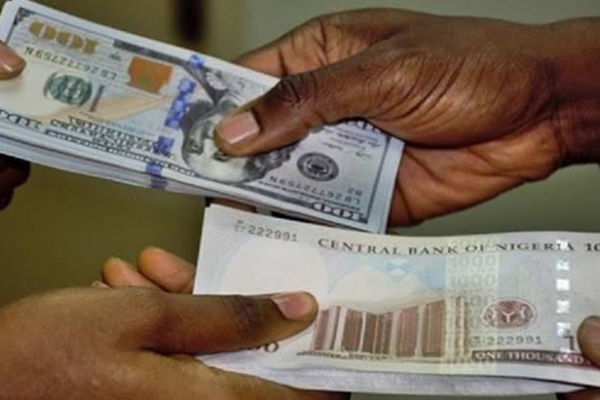In a surprising move, foreign exchange black market operators in Abuja, including those at the bustling Wuse Zone 4 market, abruptly stopped trading on Thursday morning.
They attributed their decision to instructions from their union and a significant depreciation of the Naira against the US dollar at the official market.
None of the traders approached was willing to exchange foreign currency.
Initially, they cited directives from the Association of Bureau De Change Operators of Nigeria (ABCON) to refrain from selling.
Read Also:
Senate summons CBN Gov Cardoso, over free fall of Naira
However, further inquiries revealed it was due to the narrowing gap between the official and black-market exchange rates.
“The Naira just de go up,” explained one trader, requesting anonymity. “The official rate has fallen so much that it’s almost the same as what we offer here. There’s no profit in selling dollars anymore.”
The official CBN rate on its website closed on the last day of January at N1,356.883/$1 but the other official rate closed at N1,455.59 while the black-market rate closed N1,450/$1.
This narrowing gap, driven by various economic factors, has significantly reduced the potential profit margin for black market operators, rendering their activities less lucrative.
The traders’ closure could have significant implications for the foreign exchange market.
While access to official channels for FX remains limited for many Nigerians, the black market has historically served as an alternative source, albeit at a premium.
Their sudden shutdown could create challenges for individuals and businesses reliant on these unofficial channels.
However, the development could also be seen as a positive sign for the CBN’s recent efforts to stabilize the foreign exchange market.
The narrowing gap between official and black-market rates suggests increased confidence in the official market, potentially reducing demand for alternative channels.
The situation is fluid and could evolve rapidly. The CBN and ABCON are yet to issue official statements and the long-term impact of the traders’ closure remains unclear.




